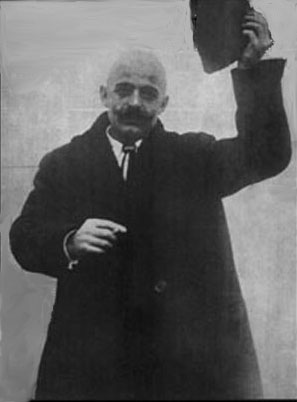


That Gurdjieff was a powerful and charismatic teacher who employed unusual
and challenging teaching methods is indisputable.
But doubts have been raised about the provenance of his provocative teaching
style and use of role-playing and blameworthy behaviour.
Did Gurdjieff cross an ethical line in his dealings with some students by
his confrontational behaviour and excessive demands, or was he always acting
in the best interests of his pupils?
Powerful and Magnetic Personality
|
|
Challenges and Difficulties for Students
|
|
|
|
|
|
|
|